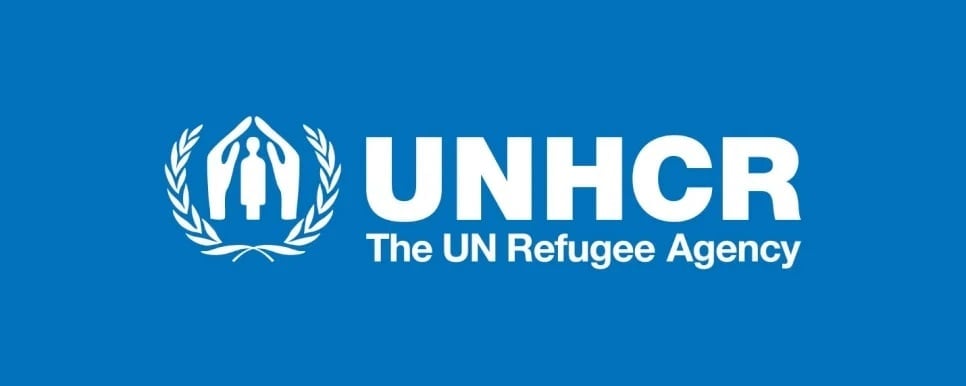Fleeing violence, Cameroonian refugee arrivals in Nigeria pass 30,000
Fleeing violence, Cameroonian refugee arrivals in Nigeria pass 30,000

The number of Cameroonian refugees fleeing violence and seeking refuge in Nigeria crossed the 30,000 mark this week. Refugees fleeing the South-West and North-West Regions of Cameroon have been arriving since September 2017. Almost 600 arrived in refugee settlements in the last two weeks.
Four out of every five of those registered so far are women and children, driven out after last year’s protests turned violent. They are being sheltered in Nigeria’s states of Akwa Ibom, Cross River, Benue and Taraba, most of them being hosted within local communities.
Most of the latest arrivals come from the Akwaya and Eyumojock sub-divisions in Cameroon. People are telling us they were ordered to leave their houses due to increasing violence in their home areas.
As official border entry points remain closed, UNHCR and its partners are present at the border areas inside Nigeria, around the most used informal access points, to assess the situation and the needs of new arrivals.
UNHCR is facilitating the voluntary relocation of refugees from the border points to the settlements of Adagom (Cross River) and Anyake (Benue), which provide better security and shelter as well as access to essential services such as food, health or education.
We are working with the Nigerian Government, through its National Commission for Refugees (NCFRMI), and State Emergency Management Agency (SEMA).
This crisis erupted last year after protests turned violent, amid calls for secession. So far this year, some 400 civilians have been killed in escalating attacks between separatist groups and government forces, according to rights groups.
Currently, more than 9,000 Cameroonian refugees have been moved to new settlements, where they receive food as well as essential items such as mattresses, mosquito nets, stoves and cooking utensils, as well as equipment to build shelters. With bricks, timber, nails or corrugated iron sheets, they can start to rebuild a place to call home.
These settlements allow better access to critical assistance. Our partners on the ground distribute dignity kits for women and girls. These kits include, among other items, buckets, soap and towels.
In some instances, cash assistance is provided to enable refugees in the settlements to buy food directly from the markets in host communities, as those settlements are meant to facilitate the integration of those forced to flee and those welcoming them.
Despite all our efforts and those of our partners, the needs of the refugees are far from being met.
Another 21,000 refugees are currently living with host communities, in over 50 localities spread across an area of some 116,000 square kilometres.
The rainy season and harsh road conditions to remote areas makes the assistance to the refugees outside of the newly-developed settlement very difficult, with acute needs for food, shelter, water and sanitation.
Education is also one of such essential needs, with 48 per cent of the registered refugees being of school age yet out of school, for more than two years for many of them.
Inside Cameroon, access to areas affected in North West and South West is very limited. Humanitarian agencies are discussing with the government the need for improved access to the displaced population. It is estimated that some 436,000 people may be internally displaced. Together with OCHA, which coordinates the UN response in the country, we have started deploying personnel in Buea to help meet the needs of the displaced people.
For more information on this topic, please contact:
- In Dakar, Romain Desclous, desclous@unhcr.org, +221 786 396 385
- In Cameroon, Xavier Bourgois, bourgois@unhcr.org, +237 690 049 996
- In Nigeria, Elizabeth Mpimbaza, mpimbaza@unhcr.org, +234 809 016 1438
- In Geneva, Babar Baloch, baloch@unhcr.org, +41 79 513 9549









